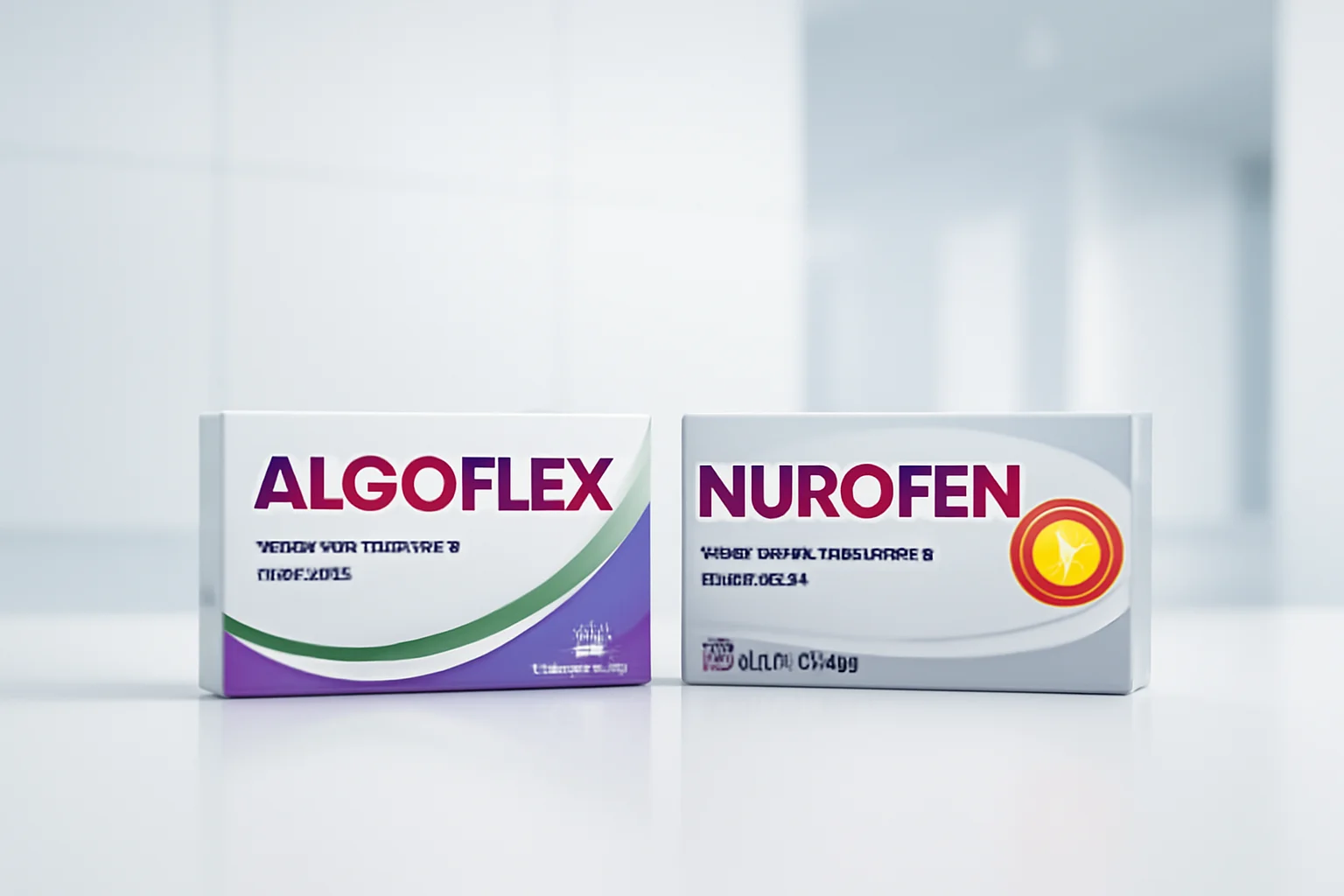
Fluimucil and ACC: When and Why Should They Be Used?
A respiratory illnesses, such as bronchitis or the common cold, are common issues, especially during the cold months. During this time, coughing, mucus accumulation, and breathing difficulties can significantly affect many people’s lives. Proper treatment is essential for patients to recover quickly and effectively. A wide range of medications is available to alleviate symptoms, but choosing the right one is not always straightforward. Two popular preparations, Fluimucil and ACC, are often mentioned when it comes to treating respiratory problems. Both medications have mucolytic effects, meaning they help to liquefy mucus and clear the airways, but they may differ in their ingredients and mechanisms of action. When making a choice, it is worth considering the nature of the symptoms, the age of the patients, and any accompanying diseases. In the following sections, we will examine the effects, applications, and key differences between Fluimucil and ACC in more detail.
Fluimucil: Effects and Applications
Fluimucil is one of the most commonly used mucolytic medications, containing acetylcysteine as its active ingredient. This compound is capable of altering the consistency of mucus, thus helping to remove accumulated secretions from the airways. The effect of Fluimucil in the airways is realized through the dilution of viscous secretions, thereby facilitating coughing and breathing.
The medication is available in various forms: tablet, powder, or solution. The tablet and powder forms of Fluimucil are intended for oral administration, while the solution variant can also be used for inhalation purposes. Inhalation is particularly effective because the active ingredient can be delivered directly to the airways, allowing for a faster onset of action.
Fluimucil is especially recommended in cases where the secretions are thick and difficult to expel, such as for patients suffering from chronic bronchitis or asthma. Additionally, the preparation can help during respiratory infections when mucus production increases. It is important to note that Fluimucil not only alleviates coughing but also has antioxidant properties, which contribute to reducing respiratory inflammation.
Before taking Fluimucil, it is advisable to consult a doctor, especially if the patient is taking other medications, as acetylcysteine may interact with certain drugs. Possible side effects may include gastrointestinal disturbances such as nausea or diarrhea, as well as allergic reactions. If the patient experiences any unusual symptoms, it is recommended to seek medical attention immediately.
ACC: Effects and Applications
ACC (Acc Akut) is also a popular mucolytic medication that contains acetylcysteine as its active ingredient. Similar to Fluimucil, the purpose of ACC is to dilute mucus and clear the airways. ACC is particularly effective in treating respiratory diseases such as bronchitis or pneumonia, as it aids in the expulsion of sputum, thereby facilitating breathing.
ACC is generally available in tablet or effervescent tablet form, making it easy to take. The effervescent tablet form dissolves quickly in water, allowing the active ingredient to enter the bloodstream rapidly and exert its effects sooner. When taking ACC, it is also important for the patient to consume enough fluids, as this helps to dilute mucus and promote sputum expulsion.
The use of ACC is particularly recommended if the patient suffers from a dry cough that is complicated by thick secretions. Prior to taking the medication, it is also advisable to consult a doctor, especially if the patient is on other medications, as acetylcysteine can cause drug interactions.
The side effects that may occur when taking ACC are similar to those experienced with Fluimucil. The most common side effects include gastrointestinal disturbances such as nausea, vomiting, or diarrhea, and allergic reactions may also occur. If the patient notices any unusual symptoms, they should definitely consult a doctor.
Main Differences Between the Two Medications
Although Fluimucil and ACC contain the same active ingredient, there are differences between the two medications that may influence the choice. One of the most important differences lies in the forms of the medications. While Fluimucil is available in various forms, including inhalation solutions, ACC is primarily available in tablet and effervescent tablet forms. This difference can be significant for patients who prefer inhalation treatments.
The absorption and effectiveness of the active ingredients may also differ between the two preparations. Although both contain acetylcysteine, the presence of different supplementary ingredients may affect the onset and duration of action. In the case of ACC, the effervescent tablet form allows for faster absorption of the active ingredient, which can be advantageous in acute situations.
Another factor worth considering is the costs. Prices may vary at different locations and pharmacies, so patients should inquire about prices before making a choice.
Finally, side effects may also differ, although both medications can cause similar reactions. However, individual sensitivity and the method of taking the medication can influence the experienced side effects, so it is important to monitor the body’s reactions.
Overall, Fluimucil and ACC are similar types of medications, but their forms, onset of action, and costs may differ. The best choice is always determined based on individual needs and the opinion of the treating physician.
—
Please note that this article does not constitute medical advice. For health issues, always consult a doctor and follow their recommendations.

